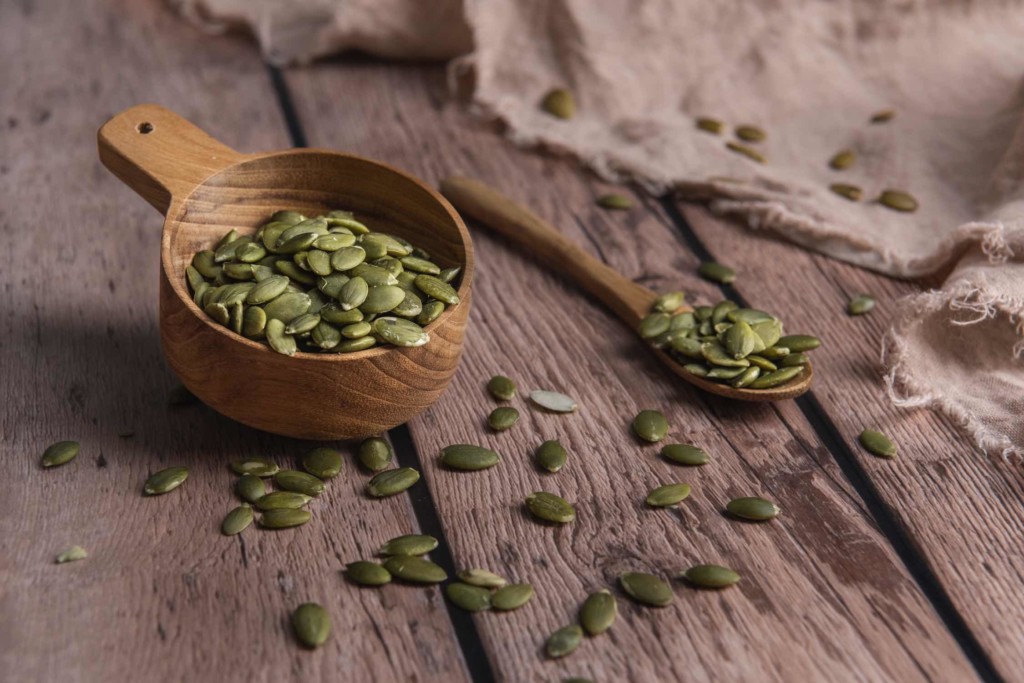
Sprouted Pumpkin Seeds
Also known as pumpkin seed sprouts, they are often considered better than unsprouted pumpkin seeds for several reasons.
Nutrient Absorption: Sprouting activates enzymes that enhance the bioavailability of nutrients. This means that the body can absorb and utilize the nutrients in sprouted seeds more effectively. In the case of pumpkin seeds, this includes essential minerals like zinc and magnesium, as well as vitamins and antioxidants.
Reduced Phytic Acid: All seeds, including pumpkin seeds, contain phytic acid, an anti-nutrient that can bind to minerals and inhibit their absorption. Sprouting reduces phytic acid levels, which allows for better absorption of minerals like zinc, iron, and calcium.
Easier Digestibility: Sprouting breaks down some of the seed’s complex compounds, making it easier to digest. This can be particularly beneficial for individuals with digestive sensitivities.
Enhanced Nutrient Profile: Sprouted seeds may have a slightly altered nutrient profile compared to un-sprouted seeds. Some studies suggest that sprouting can increase the levels of certain vitamins, such as B vitamins and vitamin C.
Improved Flavor and Texture: Sprouted pumpkin seeds often have a milder, more pleasant flavor and a slightly different texture compared to un-sprouted seeds. Many people find them more enjoyable to eat.
Reduced Allergenic Potential: Some individuals may experience allergies or sensitivities to raw, un-sprouted seeds. Sprouting can reduce the allergenic potential of seeds, making them a safer option for those with sensitivities.
Gut Health: Sprouted seeds may contain beneficial probiotics, as the sprouting process can promote the growth of beneficial microorganisms. A healthy gut microbiome is closely linked to overall health, including mental well-being.
Enzyme Activation: Sprouting activates enzymes that can aid in the digestion and utilization of nutrients. This can contribute to better overall health and vitality.